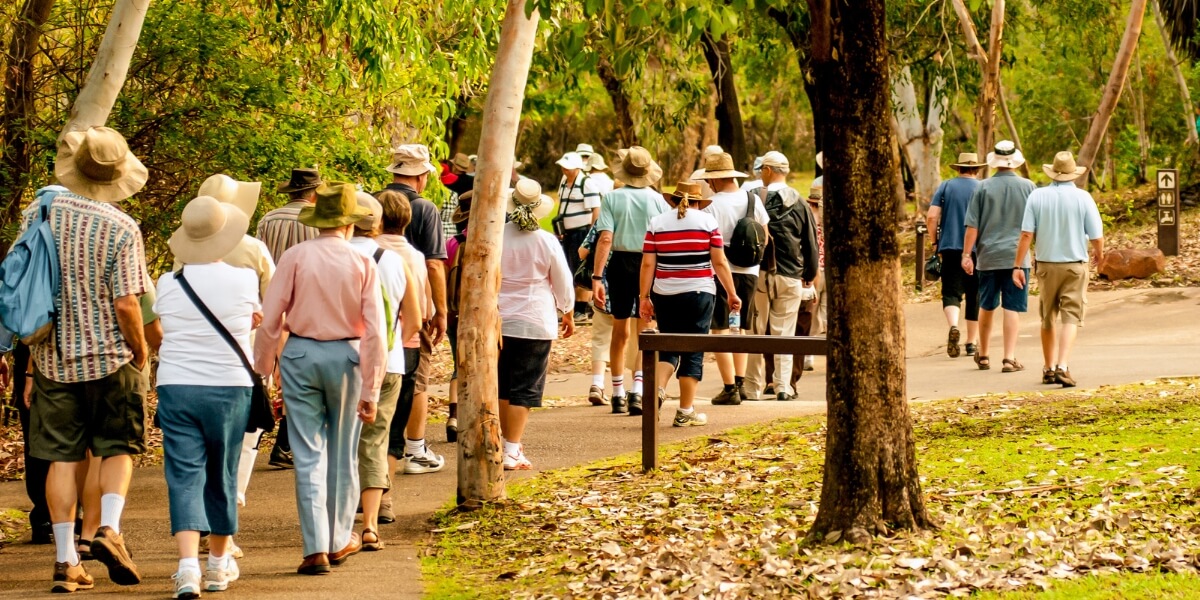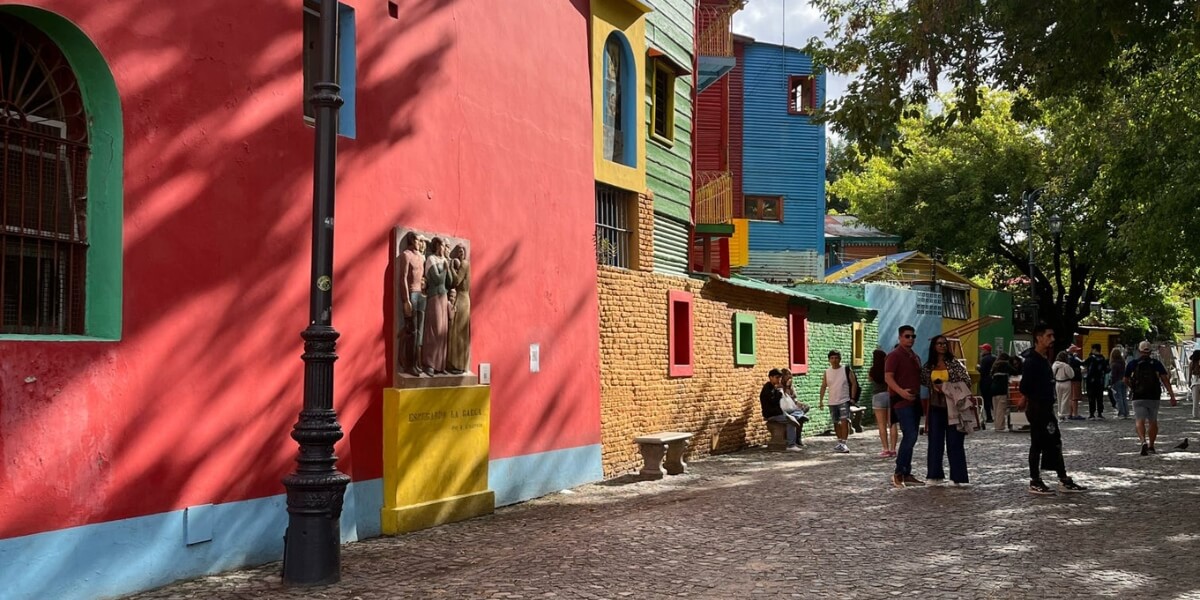With many of the MENA countries seeing tourism as an important source of economic revenue and employment, the reliance on “sun-and-sea” tourism that fills resort areas has been at the expense of investment and development in interior regions, where development of all types is often stagnant.
The loss of tourism resulting from the “Arab spring” coupled with a Western fear of instability has furthered the need to find additional revenue sources. What has failed to take root and has barely been within the marketing strategies of these countries is developing tourism away from coastal resorts.
The growth of the bed-and-breakfast tourism, often seen as part of a cultural tourism strategy, has been strongly evident throughout Europe and North America. The phenomenal success of companies such as AirBNB, with offerings of private home stays in both urban and rural areas, exemplifies this. Tourists can easily travel in rural regions of North America or Europe and rely on the growing network of private home stays that are providing new ways to “experience” a country.
While individual investors are turning their homes or farms in rural Tunisia, Morocco and Jordan into auberge offerings, tourism authorities in those countries have yet to build a strategy to promote this form of cultural tourism. While the talk may occasionally be there, the act of collectively marketing such tourism has not moved to action.
To sceptics and slow-to-change government-sponsored tourism authorities in various MENA countries, perhaps it would be worth looking at a destination that surprisingly has managed to make rural homestays a successful and growing area of tourism development.
Cuba is finding success in this model of alternative tourism. Faced with a dramatic increase in tourism from Canada, Europe and with the diplomatic warming with the United States, Cuba’s problem is a severe shortage of hotels.
Despite severe cash shortages after decades of the American embargo and Cuba’s socialistic policies, tourism revenues were seen as a needed cash source. Freeing the tourism sector from restricted policies has provided incentives for Cubans to enter the tourism economy, particularly in rural areas.
The Cuban government has relaxed state-centric regulations to permit private enterprise in the tourism sector. Rural cultural tourism is seeing real financial returns and providing employment in regions of the country that had been economically neglected.
The Vinales Valley, two hours from Havana, is an area of beautiful hills and agriculturally rich farmland that is the heart of Cuba’s tobacco-growing region. Tourists are going to the region for one- or two-night stays in privately owned and government-encouraged casas particulares — Spanish for “private homes”.
Vinales, a rural area that has a population of 27,000 people, has nearly 1,300 private casas particulares. By all accounts, government revenues, improving living standards and the opportunities for tourists to learn about rural Cuba have soared. The movement is spreading to other rural regions in Cuba.
Take the case of Gisselle, a 20-something mother of two young children who described how she used a small government loan to add to her home a bedroom and bathroom designated specifically for guests.
Homeowners who have this designated bedroom and private bathroom must meet rigid health standards, with inspections nearly every 45 days. Gisselle and her husband, Randy, who works in construction, can post a sign on their home offering a room to let to tourists. The owner of the casa provides home-cooked breakfast and, for an additional fee, will provide additional home-cooked meals.
Gisselle noted that, with two young children, being able to profit from her home provides a source of income not only for her but for many people in the rural community. Asked if this was an opportunity that could be applied elsewhere, she said she saw no barriers, as even in Cuba, the government would provide financial assistance to anyone willing to enter the sector. She said she hopes to improve her cooking skills and perhaps open a restaurant.
As MENA countries look to expand tourism offerings and opportunities to neglected rural regions, they might look to Cuba for inspiration of what can be done with very little capital investment to create a new source of cultural tourism and attract additional tourists.
Whether MENA tourism authorities can adapt the Cuban model is only limited by their ability to expand their vision. When adversity strikes, it is time to be creative and find alternatives and new opportunities.



